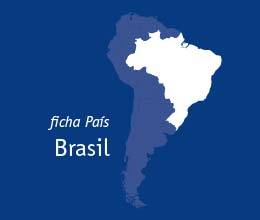The Plenary of the Federal Senate of Brazil approved on Tuesday on Tuesday, November 20, the text of the Provisional Measure that creates an incentive program for the automotive sector, known as Rota 2030 (MP 843/2018).
The Provisional Measure creates a new tax regime for vehicle assemblers to stimulate investments in research and development of products and technologies. The Rota 2030 – Mobility and Logistics Program replaces Inovar-Auto, which was in force between 2013 and 2017. Like the previous policy, Rota 2030 is based on tax incentives. The main measure of the new regime is the granting of up to R$ 1.5 billion per year of tax credit to the industry, if the participating companies of Rota 2030 invest at least R$ 5 billion per year in research and development.
In addition, Rota 2030 provides for the deduction in Corporate Income Tax (IRPJ) due to the Social Contribution on Net Income (CSLL) from 10% to 12% of the amount invested by companies in research and development.
It also allows discounts of up to two percentage points in the Industrialized Products Tax (IPI) for manufacturers that exceed targets set to improve energy efficiency (reduction of fuel consumption and emission of pollutants) and car safety.
To qualify for the incentives, the automaker must adhere to the terms of Rota 2030.
For the accounts of the Federal Revenue, only Rota 2030 will represent a waiver of R$ 2,1 billion to the treasury coffers.
Rota 2030 should have come into force in January, replacing Inovar-Auto, which lasted five years and ended in December last year. But disagreements between the Ministries of Finance and Industry and Commerce have delayed their formulation.




